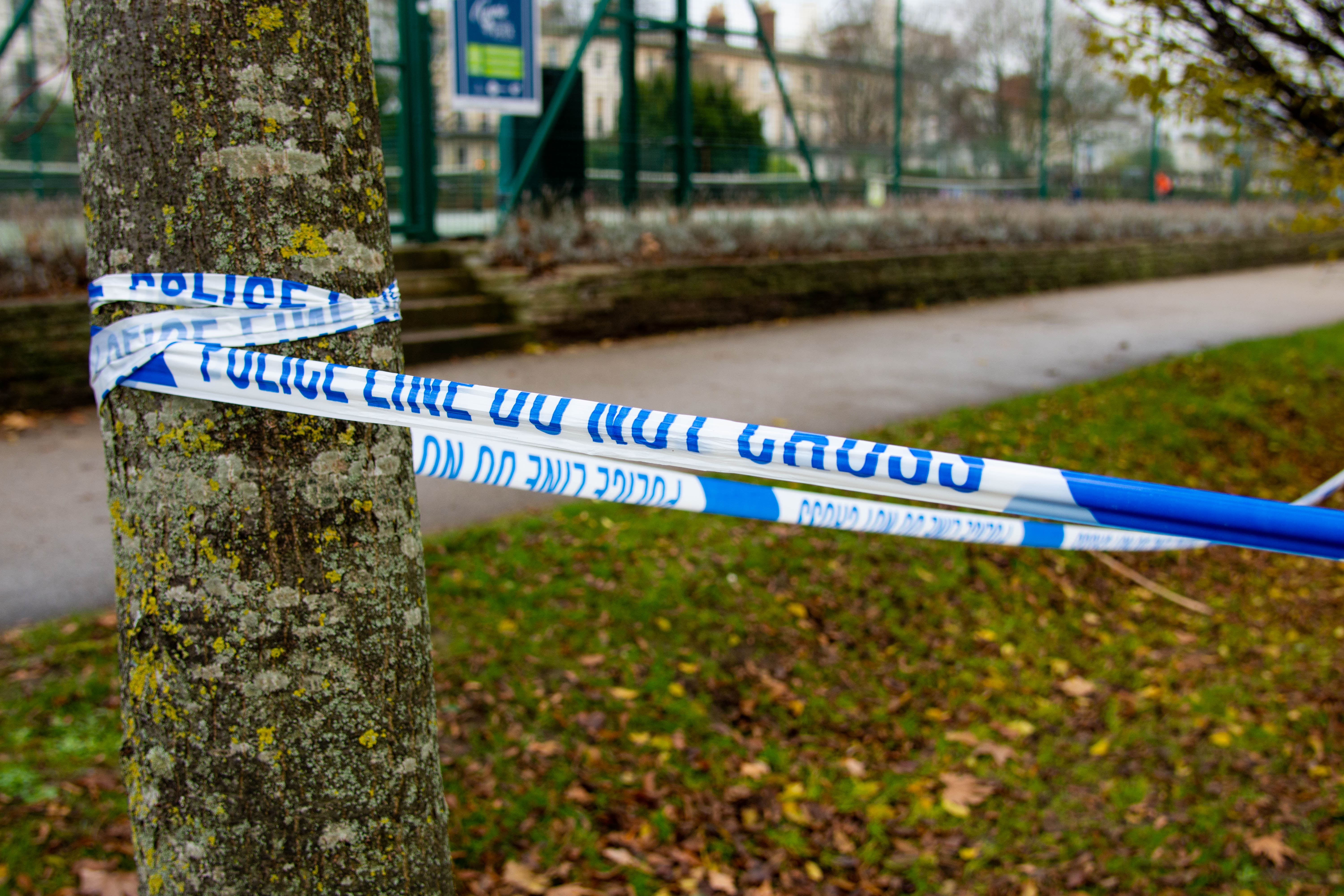How to Talk to Your Kids about Mass Shootings

Written by Josh Weidman. Original article posted at thegospelcoalition.org. Used by permission.
April 20, 1999. It was my junior year of high school in Littleton, Colorado. I was glued to the TV watching SWAT teams surround Columbine High School, only a mile or so from my house. The agony of watching people I know and love mourn for their children—that’s an image no one can ever forget.
The tragedy of Columbine was one of the catalysts for my preaching ministry as countless classmates wondered where to find hope amid such loss. Now, as a pastor and biblical counselor in the Denver area, I’ve stood with people personally affected by the Aurora theater shooting (2012), the STEM high school shooting (2019) only a few miles away from Columbine, and the King Soopers grocery store shooting (2021) in nearby Boulder, where 10 people were slain—the same number killed in another grocery store massacre, this time in Buffalo, New York.
It’s been over 20 years since Columbine, and mass shootings have sadly become expected. Grocery stores, movie theaters, malls, workplaces, churches: the list of massacre sites is staggering. My own five children are now old enough to watch the news and notice when a “breaking news” alert ominously comes across the ticker, or shows up on their phone.
“Dad,” they ask, “what’s going on?”
As parents, we need to be ready for these conversations. Here are four talking points to consider when your kids ask questions about mass shootings.
1. Sin and evil are real.
Mass shootings are harrowing symptoms of a world infected with sin. We cannot ignore the real presence of sin and evil in these moments. While young children might not need to know about every tragedy in the headlines, sheltering older kids from harsh reality isn’t caring for them—it’s only forcing them to find answers elsewhere.
Mass shootings ignite much-needed discussion about gun laws, public safety, and how to better protect our society. But we’re better served spending our time talking with our children about the root issue behind why someone would want to kill innocent people.
Our God-given role as parents isn’t to debate gun laws nearly as much as it is to guide our children’s hearts to the message of Jesus in light of our collective sin. Yes, have open, honest conversations with your children about guns (perhaps watch TGC’s recent Good Faith Debate about gun control together). Yes, talk about a more responsible future for our society and what may need to change. But more than anything else, talk about the real-life battle between good and evil that mass shootings so vividly illustrate.
2. Murder is a stain on God’s creation.
God etched this command to Moses on Mount Sinai: “You shall not murder” (Ex. 20:13) This was the law governing ancient Israel for centuries before Jesus came to remove the infection of sin. Jesus said, “I have not come to abolish [the Law of Moses or the Prophets] but to fulfill them.” (Matt. 5:17) It was Jesus who called his disciples—and us—to fulfill the second greatest commandment, “You shall love your neighbor as yourself” (Mark 12:28–31).
Murdering another human rejects God’s role as the giver of life and defies the command to love others as we love ourselves. No matter the motive or circumstances, murder is an abomination in the eyes of God.
How should parents and children respond to such a loveless act as a mass shooting? With love. Encourage your kids to reach out to those who are hurting, angry, confused, or lost. Encourage them to offer a listening ear or a gentle hug to those suffering because of this evil. Encourage them to respond to the existence of such selfish hatred in the world by doubling down on a life of Christlike, sacrificial love.
3. God is still sovereign over evil.
R. C. Sproul reminds us there are no maverick molecules in the universe outside of God’s control. And yet, in the stinging moment of hot tears in our eyes, it’s easy to forget God’s sovereignty. And yet God’s sovereignty is also the hope we have: God works all things together for our good, for his ultimate glory and plan.
As followers of Jesus, we lean on God’s sovereignty. While this doesn’t diminish the pain and shock of the depravity we see in the world—which we should lament—it’s a supreme comfort to know God allows good and evil to happen in our lives with purpose (Rom. 8:28–29).
Chatter and commentary about recent mass shootings—including egregious hate crimes in Buffalo and a Southern California Taiwanese church—have likely shown up on your kids’ screens. They may be asking, “God, what is going on?”
Remind them that good and evil are not new, and they aren’t surprising to God. He is in control. And only a God in control can help us find meaning or hope amid tragedies.
4. Pray and share hope.
“Thoughts and prayers” are often ridiculed in the wake of a mass shooting, but that shouldn’t deter believers from coming to God in prayer. We need to pray: for the victims and their families, for the first responders, the medical personnel, law enforcement, administrators, and leaders in the community. We need to pray for God to change people’s hearts, causing them to love good and hate evil; and we need to pray for God-honoring societal changes which might reduce, if not eliminate, mass shootings. We need to pray that God would bring justice to those who would wreak such chaos.
In the face of mass shootings, our kids are likely to be fearful, angry, and sad. These are emotions God created, and they don’t need to be avoided. But we can also point our children to hope beyond ourselves—the God of resurrection who has sustained his people through all manner of horrific tragedies. In such moments, this is the true hope both parents and kids need.